Results
-
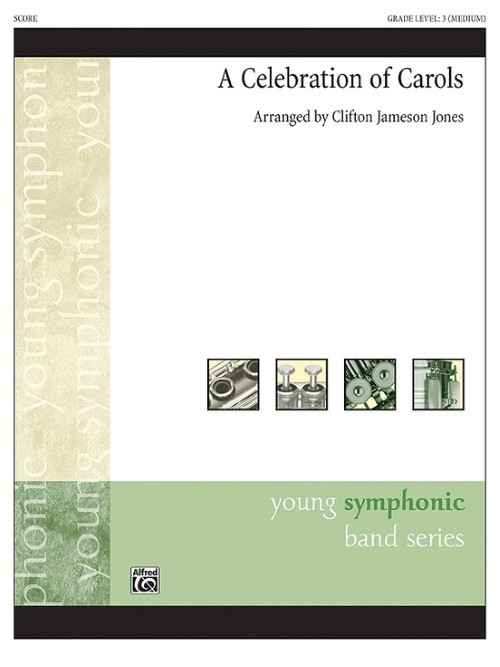 £53.95
£53.95A Celebration of Carols (Concert Band - Score and Parts) - Jones, Clifton Jameson
Weaving three favourite Christmas carols together into a work which will appeal to young performers and audiences alike, this piece includes We Three Kings, Silent Night, and Angels We Have Heard on High, all arranged to create some holiday cheer for your next concert.Duration: 4.15
Estimated dispatch 7-14 working days
-
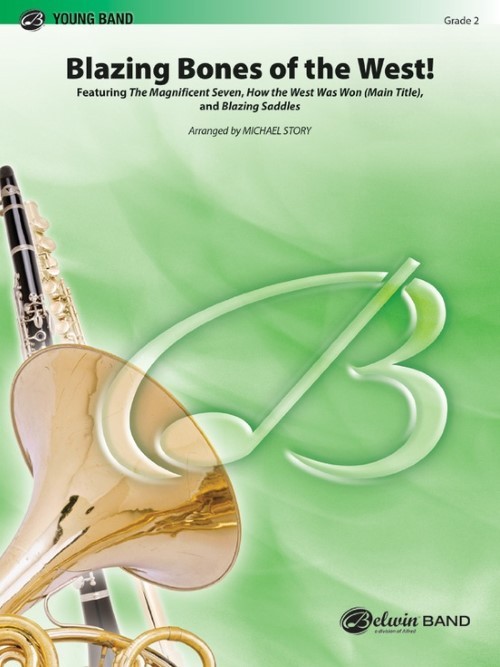 £64.50
£64.50Blazing Bones of the West! (Trombone Section Feature with Concert Band - Score and Parts) - Story, Michael
Three gallant tunes are intertwined to create this rollicking medley of three western movie themes that features your trombone section. Have your trombones stand as they perform, or better yet, bring them up in front of the band to show them off! Including "The Magnificent Seven", "How the West Was Won (Main Title)" and "Blazing Saddles", this solidly scored arrangement will bring a bit of the old west into your concert program.Duration: 3:15
Estimated dispatch 7-14 working days
-
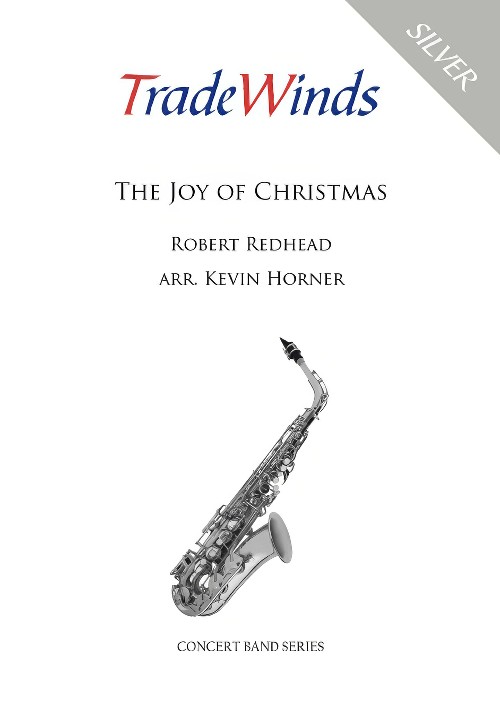 £54.95
£54.95The Joy of Christmas (Concert Band - Score and Parts) - Redhead, Robert - Horner, Kevin
A selection featuring three carols in contrasting styles; 'The Seven Joys of Mary', 'O Little Town of Bethlehem' and 'Past Three O'Clock'.
Estimated dispatch 7-14 working days
-
 £10.95
£10.95The Joy of Christmas (Concert Band - Score Only) - Redhead, Robert - Horner, Kevin
A selection featuring three carols in contrasting styles; 'The Seven Joys of Mary', 'O Little Town of Bethlehem' and 'Past Three O'Clock'.
Estimated dispatch 7-14 working days
-
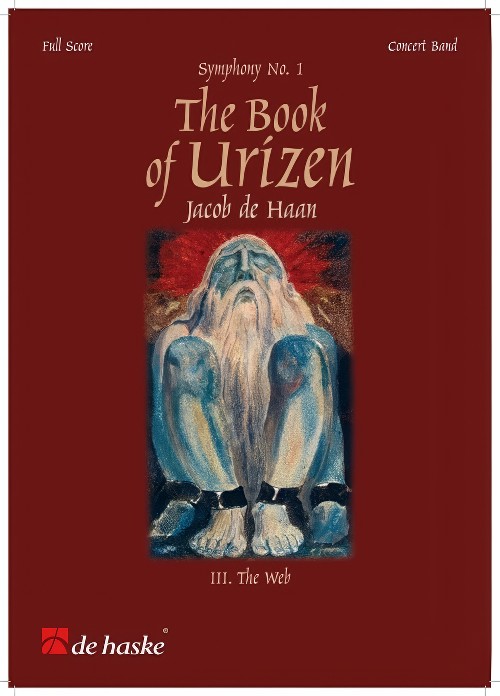 £244.99
£244.99The Book of Urizen (Movement III: The Web) (Soprano, Narrator and Concert Band - Score and Parts) - De Haan, Jacob
The Book of Urizen is a work for concert band, solo soprano, and a male narrator in which sound collages of religious expressions are used. The piece is inspired by the compelling visionary poem of the same name (which the poet illustrated himself) by the Englishman William Blake (1757-1827), who occupies a unique position in western literature and the visual arts. He was not just a poet and a writer, but he was also a graphic artist, a painter, an illustrator, a spiritualist, a religious visionary, and a mystic philosopher. For the performance of this work, a professional sound system, including two microphones and a CD player, is needed. The three sound collages are three separate tracks on the enclosed CD and can be played easily at the right moment.The Book of Urizen bears resemblance to Genesis and Exodus, of which the contents form the basis of the Christian, Jewish, and Islamic faith. Blake adhered to the principle that all religions are in fact one, and that deities reside in human beings. In The Book of Urizen this is represented in "The Net of Religion," which is spanned over the earth by Urizen. The sound collages, compiled by Jacob de Haan in the studio, find their origin in Jerusalem, the Holy City, where the afore-mentioned faiths come together.The first two movements, The Vision and The Creation, are available in a separate set.
Estimated dispatch 7-14 working days
-
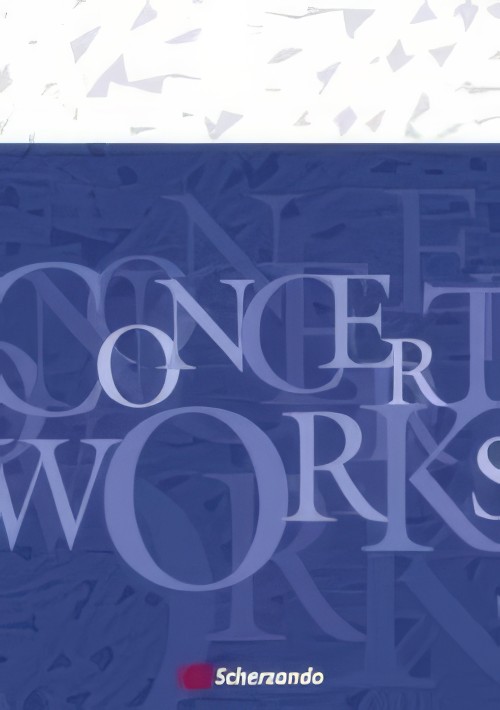 £179.99
£179.99The Golden Gryphon (Concert Band - Score and Parts) - De Haes, Tom
The Golden Gryphon by Tom De Haes portrays three distinguished characteristics of this fascinating mythical beast: the gryphon as guardian of the divine mystery; the winged gryphon, pulling the chariot of the sun god Helios; and the gryphon as heroic, invincible creature. The composition begins mysteriously, before the appearance of the three themes - at first individually, and then contrapuntally combined. A majestic chorale leads us finally to a dignified ending.Duration: 12.00
Estimated dispatch 7-14 working days
-
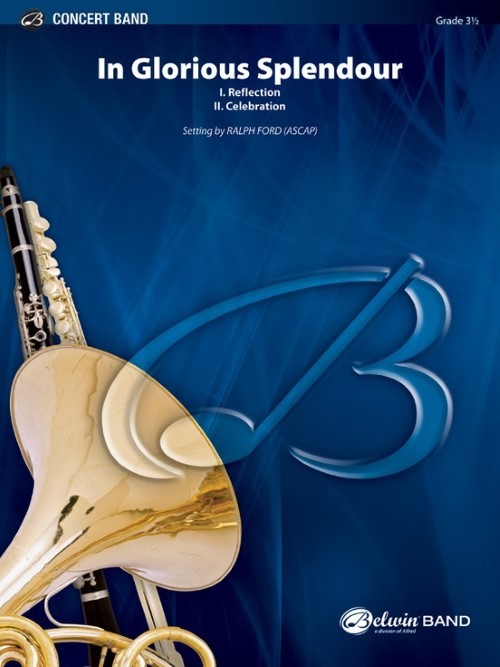 £66.95
£66.95In Glorious Splendour (Concert Band - Score and Parts) - Ford, Ralph
In Glorious Splendour references three well-known hymns, the popular Christmas carol, "Lo, How a Rose E'er Blooming," and the hymns "It Is Well with My Soul" and "Were You There." Able to be programmed alone or in tandem, this setting of three cherished hymns is glorious indeed. Rich with texture and emotion.Duration: 7.00
Estimated dispatch 7-14 working days
-
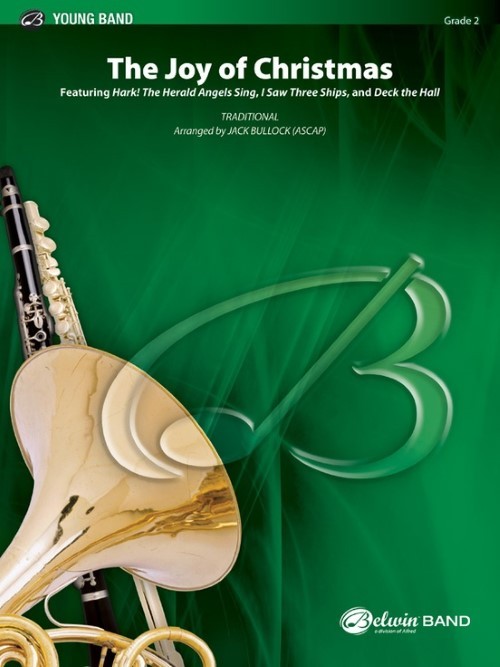 £53.95
£53.95The Joy of Christmas (Concert Band - Score and Parts) - Bullock, Jack
The performance of music is a significant part of the celebration of the holiday season with solemn and heartfelt songs and compositions. There are spirited works as well which exclaim the joy of the season. Three of these musical favourites, "Hark! The Herald Angels Sing," "I Saw Three Ships," and "Deck the Hall," are presented in a joyful medley of Christmas musical cheer.Duration: 3.00
Estimated dispatch 7-14 working days
-
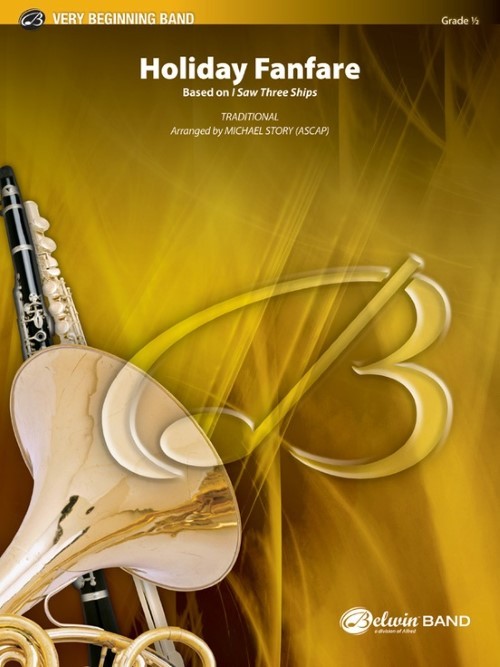 £50.50
£50.50Holiday Fanfare (Concert Band - Score and Parts) - Story, Michael
Based on I Saw Three ShipsIn a joyous fanfare format, Michael Story has recrafted "I Saw Three Ships" to boldly open your band's first Christmas concert. With solid tutti scoring, this setting builds to a dramatic conclusion that will make your band sound huge!Duration: 1.45
Estimated dispatch 7-14 working days
-
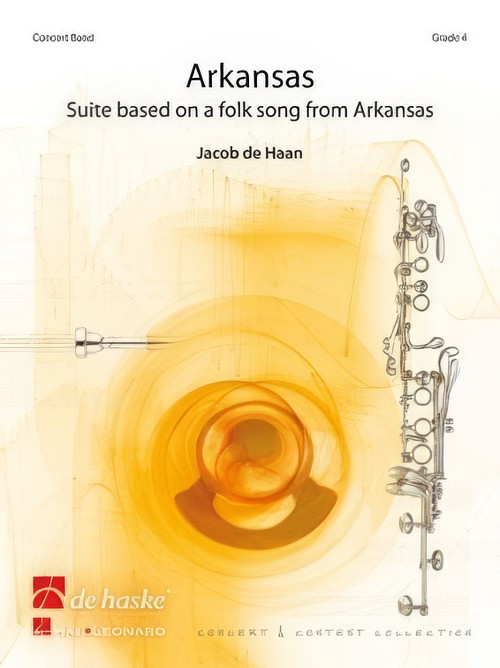 £154.99
£154.99Arkansas (Concert Band - Score and Parts) - De Haan, Jacob
The American state of Arkansas is often called 'the natural state' and 'the land of opportunity.' This piece belongs to Jacob de Haan's series of musical montages depicting various states in the USA, including Dakota, Oregon and Virginia. Arkansas is a suite in three movements based on a well-known native American folk song. It appears as a ballade, variations and finally accompanies a jazzy rhythm. The folk song helps provide continuity throughout the three movements. A perfect addition to any concert.Duration: 10:15
Estimated dispatch 7-14 working days
